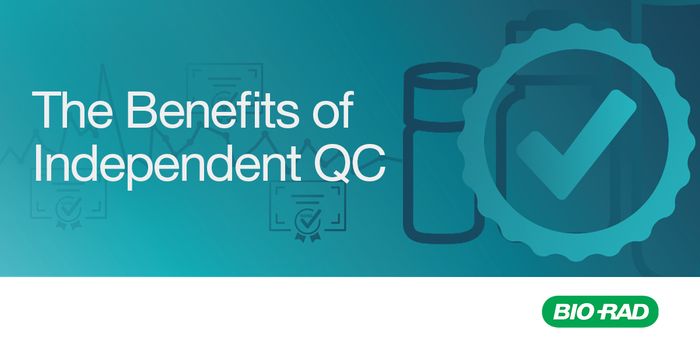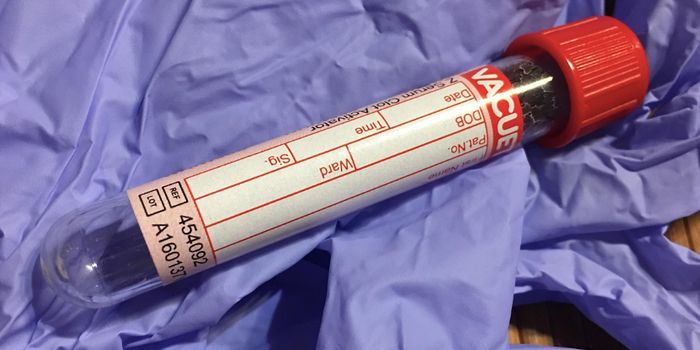Did you know that insulin can be bought over the counter without a doctor’s prescription? Many people don’t, and this includes some doctors.
Insulin is a hormone produced naturally in the body that stimulates the uptake of glucose in the body’s cells. In diabetes there is a deficiency of insulin, either because beta cells in the pancreas are unable to produce insulin (Type 1 diabetes), or the normal insulin is produced in insufficiently quantities (Type 2 diabetes). Both forms of diabetes require external insulin therapy, as without insulin glucose levels can rise dangerously high and can affect many other cellular functions of the body.
But doctor visits and insulin treatments are not cheap, especially for the diabetic patients who lack healthcare and insurance coverage. For these patients, an alternative is over the counter (OTC) insulin.
Several types of insulin, human and analog versions, are available to treat diabetes. Newer generations of insulin include basal insulin analogs (Lantus and Levemir) that work longer and more evenly, and rapid-acting insulin (Novolog, Humalog and Apidra) that work fast to clear the body of glucose build-up. These brand name insulins are only available by prescription.
Without a prescription, the choice of OTC insulin is reduced to just two: one made by
Eli Lilly and the other by
Novo Nordisk. Both are the generic, older generation types of are human insulins that take longer for the body to metabolize and clear the glucose build-up.
Though not of lower quality, these older generation insulins have different action profiles than the newer versions, and require the patients to have consistency in their meals and daily activities. But not many patients know how to self-regulate their treatment timing, let alone their doses, which some arrive at by naïve guesses based on past prescriptions.
So on the one hand, OTC insulin provides an accessible means for diabetic patients to obtain treatment for a life-threatening condition. On the other hand, self-medicating with OTC insulin is dangerous and could put patients at even higher risks for the life-threatening condition that they are seeking to treat.
For OTC insulin, do the benefits outweigh the risks?
According to the FDA, insulins approved for OTC are less concentrated and “[do] not require a licensed medical practitioner’s supervision for safe use.” The FDA sees OTC insulin as a way to protect diabetic patients in urgent situations. The American Medical Association holds a similar stance.
Elsewhere some physicians disagree, stating that the safety of insulin is tied to the guidance offered by health professionals. Having nonprescription insulins allow untrained patients to self-medicate and switch between different insulin types, which could create even greater health risks in the long-term.
Ultimately, diabetes is not a waiting game. The need for insulin is immediate, and for those that can’t afford it, having access to the nonprescription version is better than not having any option at all. But the onus rests on all parties involved to understand the risks involved with OTC insulin.
Source:
CNN,
NPR


![[Guide] 7 Strategies to Boost Laboratory Collaboration](https://d3bkbkx82g74b8.cloudfront.net/eyJidWNrZXQiOiJsYWJyb290cy1pbWFnZXMiLCJrZXkiOiJjb250ZW50X2FydGljbGVfcHJvZmlsZV9pbWFnZV83YzBjZWIwM2Y5YzI4MmFlYzBhZDZhMTcyNTQ1ZGU3YmE4Y2MzMDYyXzUxNDkuanBnIiwiZWRpdHMiOnsidG9Gb3JtYXQiOiJqcGciLCJyZXNpemUiOnsid2lkdGgiOjcwMCwiaGVpZ2h0IjozNTAsImZpdCI6ImNvdmVyIiwicG9zaXRpb24iOiJjZW50ZXIiLCJiYWNrZ3JvdW5kIjoiI2ZmZiJ9LCJmbGF0dGVuIjp7ImJhY2tncm91bmQiOiIjZmZmIn19fQ==)






